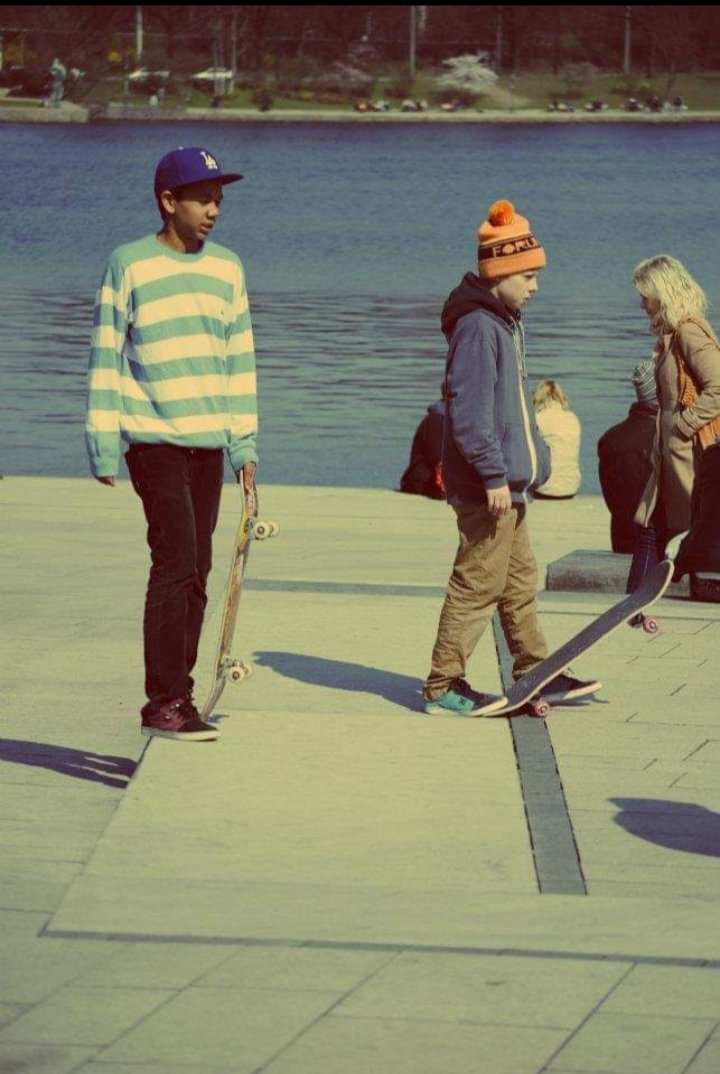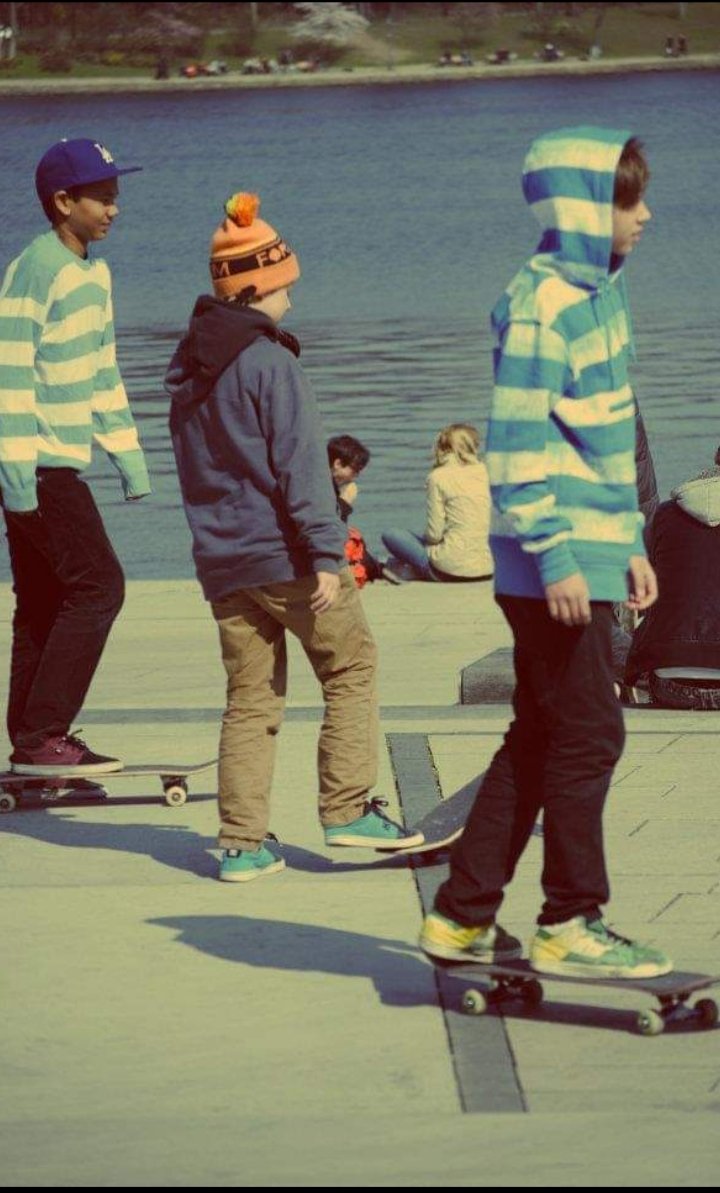Race for normality
The consensus definition of the world normal is: conforming to a standard; also defined as the usual, typical, or expected state or condition. On the surface, that seems like a pretty straightforward definition. However, there is something about words like “conforming”, “typical”, and “expected” that continue to elicit a strong internal reaction within me. If you were to put me on a psychiatrist’s couch, I would say this deep seated resentment comes from being born a Black man in Louisville, Kentucky in 1974, during a time in which America was coming to terms with its own sense of normality. This pivotal point in history saw the country dealing with an identity crisis tied to the question of what does a post-segregated and fully-integrated society even look like? This was a transformational period for a nation desperately trying to find its own footing and moral compass while still trying to wash away its sins from the prior decade; from its collective consciousness of the Vietnam War debacle, the Civil Rights Movement, the assassinations of beloved and equally polarizing figures in President John F Kennedy and his brother Bobby to Martin Luther King Jr, and Malcolm X just to name a few. Therefore, growing up in the shadows of that upheaval and civil unrest as part of a Black family that was getting its very first taste of the promise of the American dream carried with it a certain amount of inherited baggage. In fact, ask anyone who has grown up under a repressive regime and I assure you they can attest to words like “conform” and “expected”’ being tied to some form of trauma.
Just rinse and repeat
The famous actor, comedian, and current talk show host Whoopi Goldberg was once quoted as saying, “Normal is nothing more than a cycle on a washing machine”, and I generally agree with that. And when you grow up as part of a marginalised minority group within a system based on the colour of your skin, your normal cycle tends to be very different compared to the normal cycle of White society’s status quo at large. My interpretation of normal and how I choose to express that to the world can feel at times like a burden to bear because it carries with it a strict set of unspoken guidelines and boundaries not to be crossed because the consequences could be dire.
My normal over the years has been a delicate walk on an invisible narrow tightrope of code switching for mainstream society and simultaneously so-called “keeping it real” for Black culture. And even though everyone’s perception of normal is tied to a comparison against a certain standard: where, when, why and how that standard is applied is different based on your standing in society. A Black person’s misinterpretation of these unwritten rules can lead to finding oneself on the outskirts of the mainstream and simultaneously an outright outcast from your own culture.
Do it for the culture they say
What if I told you that there was a time when seemingly normal activities such as hiking, skateboarding, skiing, camping and listening to certain genres of music were not so freely afforded to people of colour without a certain set of consequences and stigmas attached. At face value, these all seem to be very average activities that many people engage in around the world. And yes, that is completely true to a certain extent. However, these seemingly banal activities carry a reputation of being traditionally non-welcoming to people of colour. Because of this, many people of colour have chosen to bypass these spaces altogether under the guise these weren’t for them. And for those of us in the Black community who had previously chosen to try these things, it was often met with, “why are you trying to be White or go to spaces you aren’t wanted at in the first place?” And therein lies the conundrum because you start to feel abnormal. Simply wanting to do things that other humans enjoy when compared against the backdrop of your race or ethnic background becomes too burdensome.
© Diyan Duke
I’ll tell you what freedom is to me
One of my favourite singers of all time is Nina Simone. In the 2015, American biographical documentary film What Happened, Miss Simone?, she describes freedom as, ”...no fear. I mean really, no fear. If I could have that half of my life — no fear. Lots of children have no fear. That’s the only way I can describe it.” I want to believe if Nina were still alive, her witnessing the change in communities of colour getting more and more out of their comfort zone and ignoring cultural stigmas to thrive in spaces that previously had little to no representation throughout America and Europe would certainly bring a huge smile to her face. As a fan of skateboarding, I’ve always made a point of visiting local skateparks whenever I travel around to new cities in America and Europe especially. And it is such a welcoming sight witnessing Black boys and girls shredding the rails with their White counterparts; something that was uncommon on this scale 20 years ago. Take some time and scour the internet and you will be pleasantly surprised to find many Black people in hiking and skiing clubs now. Turn on YouTube and watch young Black kids playing hardcore punk music. See Nina…no fear! Some of us have said to hell with going along with what was once deemed normal, let us carve out our own lanes and we’ll bring society along with us. You see my normality is that of a 47 year old unmarried childless Black American man living in Europe with his wonderful Australian Opera singer girlfriend. I am living testament to the fact it is possible to play by your own rules in life and still be happy. The very mantra of no fear has led me from the West End of Louisville, Kentucky to the flat landscape of Northern Germany of which I have called home for over 7 years now. I am constantly redefining what is normal as Black man living in Germany and I am completely ok with that.
Bibliography
Reporter, G. S. (2020, 26. February). Whoopi Goldberg in full flight. The Guardian.
Garbus, Liz. (Director). 2016. What Happened, Miss Simone [Film]. Netflix



